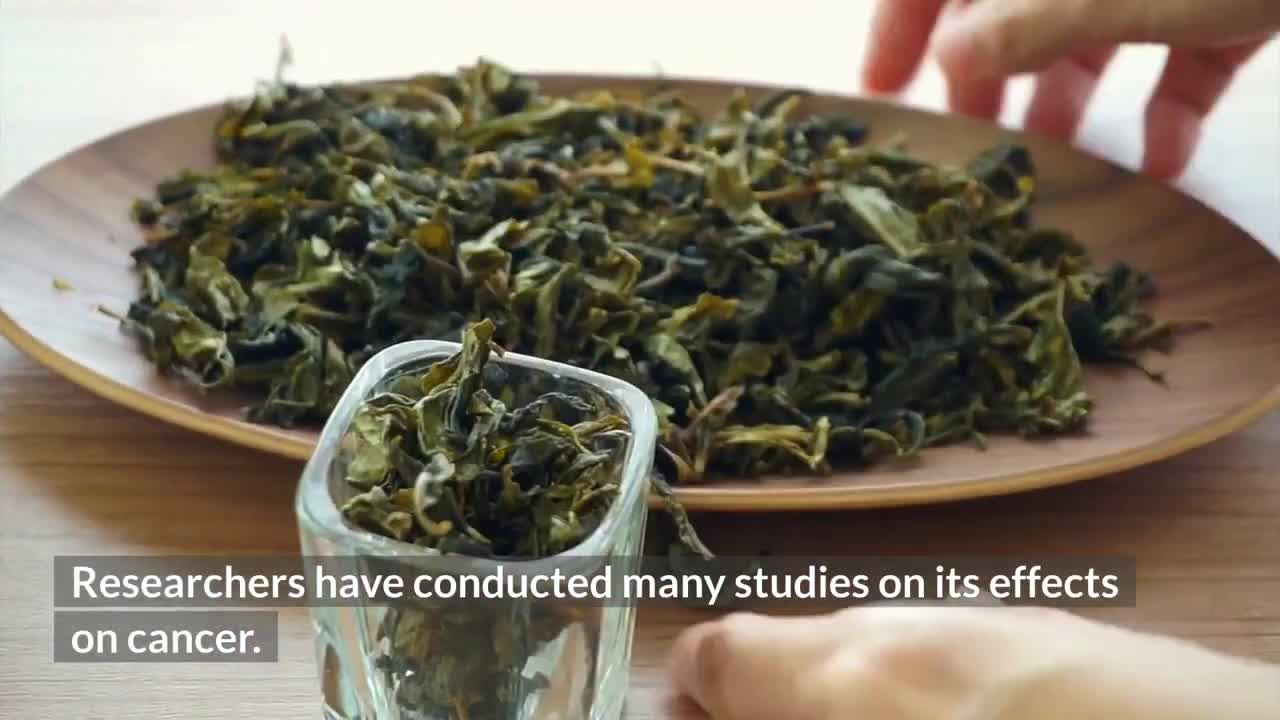Premium Only Content

Best Foods For Prostate _Healthy Foods For A Healthy Prostate _Prostate Friendly Foods
The prostate is a walnut-sized gland located between the bladder and the penis. The prostate is just in front of the rectum.
The urethra runs through the center of the prostate, from the bladder to the penis, letting urine flow out of the body.
The prostate secretes fluid that nourishes and protects sperm.
During ejaculation, the prostate squeezes this fluid into the urethra, and it is expelled with sperm as semen.
As a person ages, prostate can be affected by many disease conditions, including prostatitis, benign prostatic hyperplasia, or BPH, and prostate cancer.
By adding healthy, prostate-friendly foods to the diet, you may be able to reduce the risk of prostate diseases, including prostate cancer.
So, in this video we are going to look at six foods that help maintain a healthy prostate.
Tomatoes.
Certain fruits and vegetables, including tomatoes, contain a powerful antioxidant called lycopene. Some research suggests that a diet high in lycopene may help reduce the risk of developing prostate cancer.
Lycopene is an antioxidant that has the ability to decrease cell damage and slow cancer cell production.
Cooked tomatoes yield lycopene easier than raw tomatoes do. Therefore, cooked tomatoes such as tomato paste, and spaghetti sauce may be better options.
Green tea.
People have been using green tea for its health benefits for thousands of years.
Researchers have conducted many studies on its effects on cancer.
Evidence suggests that special compounds in green tea such as xanthine derivatives, epigallocatechin gallate, and epicatechin may reduce the risk of prostate cancer by influencing tumor growth, cell death, and hormone signaling.
Pomegranate juice.
Like green tea, pomegranates are a rich source of antioxidants.
Pomegranate juice has a reputation as a super fruit due to its high levels of antioxidants. Antioxidants may help prevent chronic diseases related to oxidative stress.
Additionally, research has found that pomegranate juice and some of its bioactive components may help inhibit the proliferation of prostate cancer cells.
Fish.
Certain fish, especially cold-water fish like salmon, sardines, and trout provide omega-3-fatty acids that do not trigger inflammation the same way as saturated animal fats like beef fat. Over the past few years, scientists have begun to see inflammation within the prostate as a dangerous condition that can make it easier for cancer to take hold.
Several reviews have reported that there may be a link between higher omega-3 fat consumption and a lower risk of high-grade prostate cancer and prostate cancer mortality. However, more research is needed, especially human studies.
Nevertheless, fatty fish have plenty of other health benefits too, including a reduced risk for heart disease, and type 2 diabetes.
Legumes & soybeans.
Legumes are a food group that includes beans, peanuts, and lentils.
Legumes contain biologically active plant compounds known as phytoestrogens.
One review found that people who ate the most phytoestrogens had a 20% reduced risk of prostate cancer than the group with the lowest intake.
The cancer-fighting effects of phytoestrogens may come from their antioxidant properties and effects on hormone regulation and cell death.
While there’s still a need for more conclusive research, some research has linked soybean isoflavones with reduced prostate cancer risk.
The National Cancer Institute shows a link between the consumption of soy and reduced levels of prostate-specific antigen, which is found in high levels in prostate cancer patients.
Cruciferous vegetables.
This class of vegetables includes broccoli, cabbage, kale, cauliflower, and Brussels sprouts. Cruciferous vegetables are high in antioxidants, vitamins, minerals, and phytochemicals. Broccoli, often considered as a prostate super food, contains glucoraphanin, a phytochemical which researchers suggest can convert to substances that potentially target and prevent cancer cell growth.
Studies suggest that eating cruciferous vegetables can lower inflammation, which is related to the risk of getting prostate cancer.
-
 DVR
DVR
GamerGril
4 hours agoPRACTICE THOSE DROP KICKS | DEAD ISLAND 2
15.6K1 -
![Super Smash Bros Ultimate - Adventure Mode [Part 2]](https://1a-1791.com/video/fwe2/d9/s8/1/B/p/i/F/BpiFw.0kob-small-Super-Smash-Bros-Ultimate-A.jpg) 6:06:11
6:06:11
JdaDelete
7 hours ago $3.58 earnedSuper Smash Bros Ultimate - Adventure Mode [Part 2]
37.4K3 -
 3:53:21
3:53:21
GlizzyPrinceChristian
20 hours agoThis Game Literally is a Master Piece of Terrible Acting But the Combat is Good
49.4K -
 LIVE
LIVE
Britbong
7 hours ago🔴BRITBONG'S BANTER HOUR
412 watching -
 5:54:33
5:54:33
ttvglamourx
7 hours ago $2.34 earnedSUB SUNDAY !DISCORD
39.4K6 -
 1:42:38
1:42:38
Tucker Carlson
2 days agoOliver Stone & Peter Kuznick: War Profiteering, Nuclear Tech, NATO v. Russia, & War With Iran
200K418 -
 3:29
3:29
IyahMay
1 day ago $16.44 earnedIyah May - Karmageddon (Lyric Music Video)
99.4K92 -
 1:34:20
1:34:20
Roseanne Barr
2 days ago $33.51 earnedIt's a Vibe with Berry Gordy IV | The Roseanne Barr Podcast #82
141K146 -
 32:37
32:37
Anthony Pompliano
3 days ago $6.61 earnedWill Amazon & Microsoft Buy Bitcoin?!
83.3K4 -
 17:40
17:40
VSiNLive
2 days agoHow a TWEET Made Steve Fezzik DOUBLE DOWN on this Vikings Rams Bet Amidst the California Wildfires
67.7K4